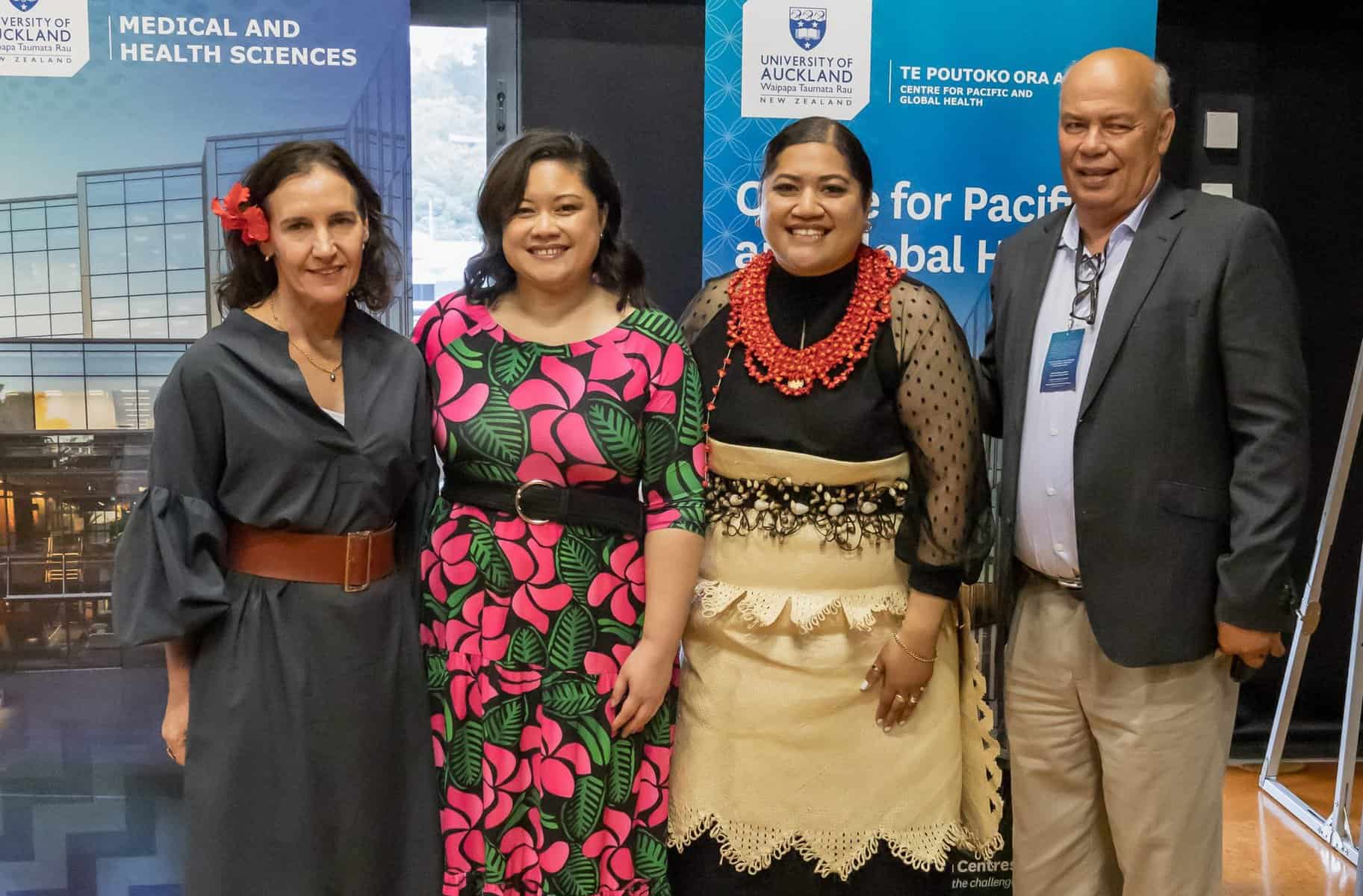The University of Auckland has opened the first-of-its-kind research centre dedicated to Pasifika health, the Te Poutoko Ora a Kiwa (Centre for Pacific and Global Health).
Centre Co-Director, Dr Roannie Ng Shiu is a Samoan senior research fellow at the University of Auckland. She has 15 years’ experience in human geography, and Pacific health, education, and development.
Ng Shiu says she’s very excited about the opening of Te Poutoko Ora . . .
Please Subscribe to view full content...
